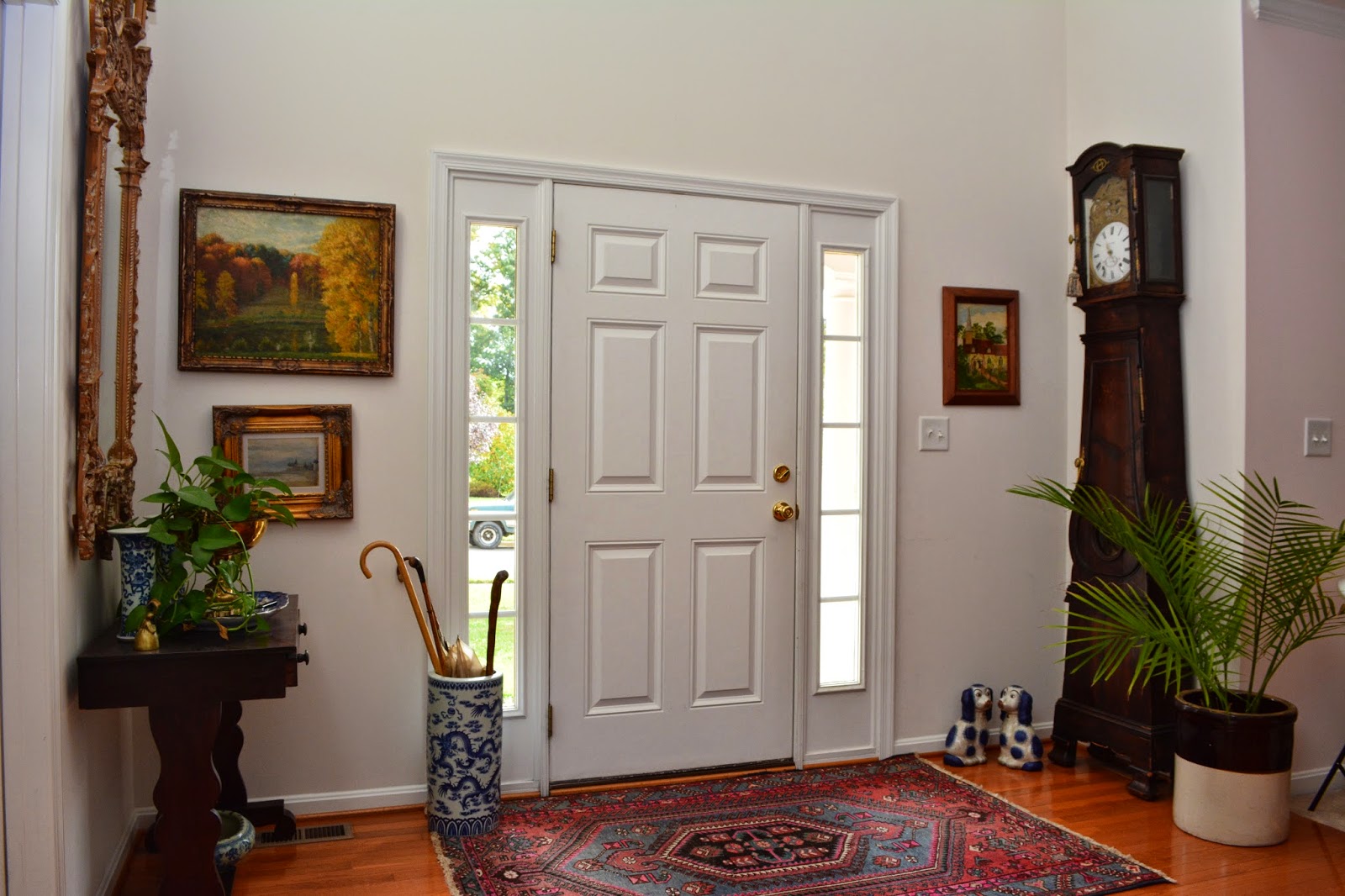 |
| This is literally my first abstract painted when I was about 7 |
My husband and I were just talking about how things have changed since I have become a full-time artist. It's a question I get asked a lot in many ways; how do you take your art "to the next level", get into galleries, or sell enough work to do it full-time.
I thought I'd broadly answer that question here.
The first thing is that brings most of us to art is the joy and passion we have for the process. As a child I wanted nothing more than to be an artist. Somewhere along the way I decided that I could not do it and did not pursue it but the happiness my painting has brought me is immeasurable. Deciding that this was my path a few years ago meant that I would not reopen my design business that I closed when my daughter was born and we moved to Virginia. So it was a big change of focus for me.
It is odd that I think being a professional artist means that you sometimes have to step away from the need to always be joyful about your work. That doesn't mean that it should suck, just that once it is a business, there are deadlines and requests that mean painting is no longer just a free-for-all of your own desires.

Developing a regular (or as regular as life will allow) studio practice has been a great thing for me. "Going to work" at 8:30 each weekday has been liberating rather than stifling. It has helped me because having my studio in my home means most people think it's OK to impose on me because "I'm home". I tell people now that I have to go to work even though it's in the other room. I also know that I work best with a little bit of structure, not too much and not too little. Knowing that I am supposed to work between 8:30 and 4 every weekday plus the freedom to decide that I am not going to work at any given time works for me well. This discipline is a big part of being able to do this as a career and I love this aspect.
After self-discipline I would add that being prepared is most important. Artists need to ask themselves if they are prepared for the workload. After painting you must photograph the work, edit and organize the images and upload them to a website. Emails need to be answered in a timely manner. Paperwork must be current and the list goes on. This all must be done over and over so that you are prepared when a client or gallery needs images, prices or other information. It is a good idea to put these systems in place before you approach a gallery or decide to make a business of being an artist.

One thing a person needs to "take it to the next level" is a healthy level of confidence. Am I always confident of each thing I paint? No, but it doesn't stop me in my tracks to hear criticism. You need to be able to hear criticism (even if it's mean spirited) and take what you can use from it and keep working.
That brings me to my last bit of advice for those who asked. The criticism that we dish out on ourselves can be the hardest to work through. I can't count how many times I had a painting that was looking promising and one little area took it to a really awful place and then the effort to correct it went even worse. Meanwhile, three days go by and it feels like I have been spinning my wheels with little progress.
Luckily, there are plenty of days when things just fall into place on a canvas exactly how I imagined.
Another aspect that I really love is all of the fascinating, kind and generous people I have met along the way and the friendships that have formed. This was the most surprising benefit to to my work. I doubt many traditional office jobs offer the culture of support and generosity that I enjoy every day.
The freedom to be creative and manage my time as I like really can't be beat. I would not discourage someone who is really passionate about their artwork to continue pursing a career, but rather share what I have experienced so they can consider all of the aspects that it involves.



























